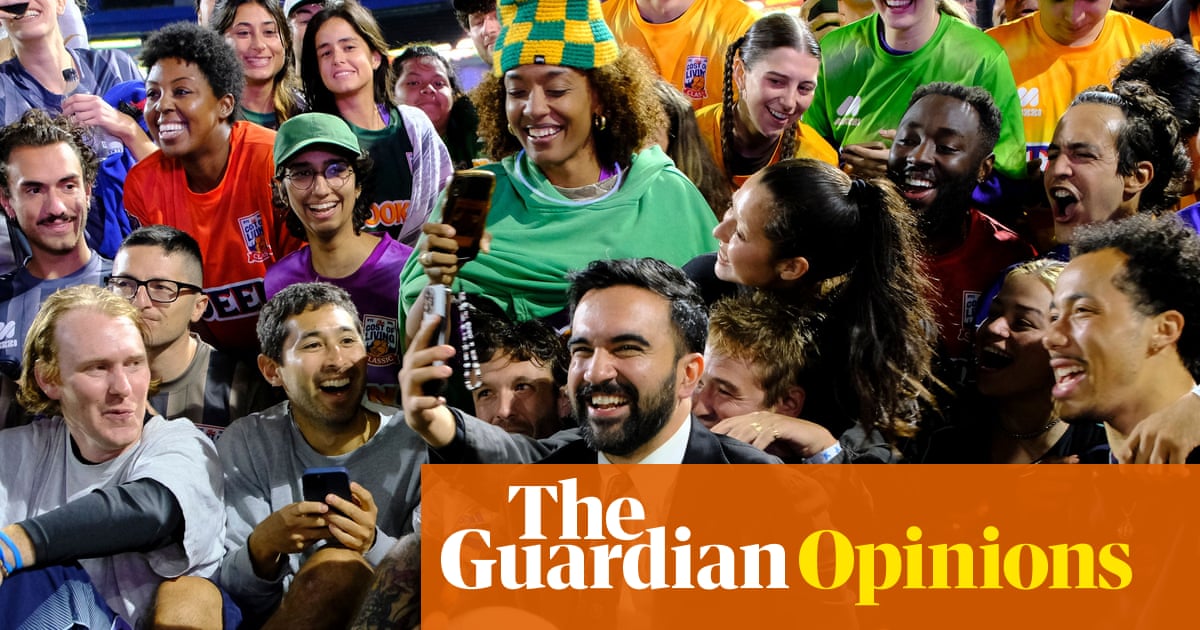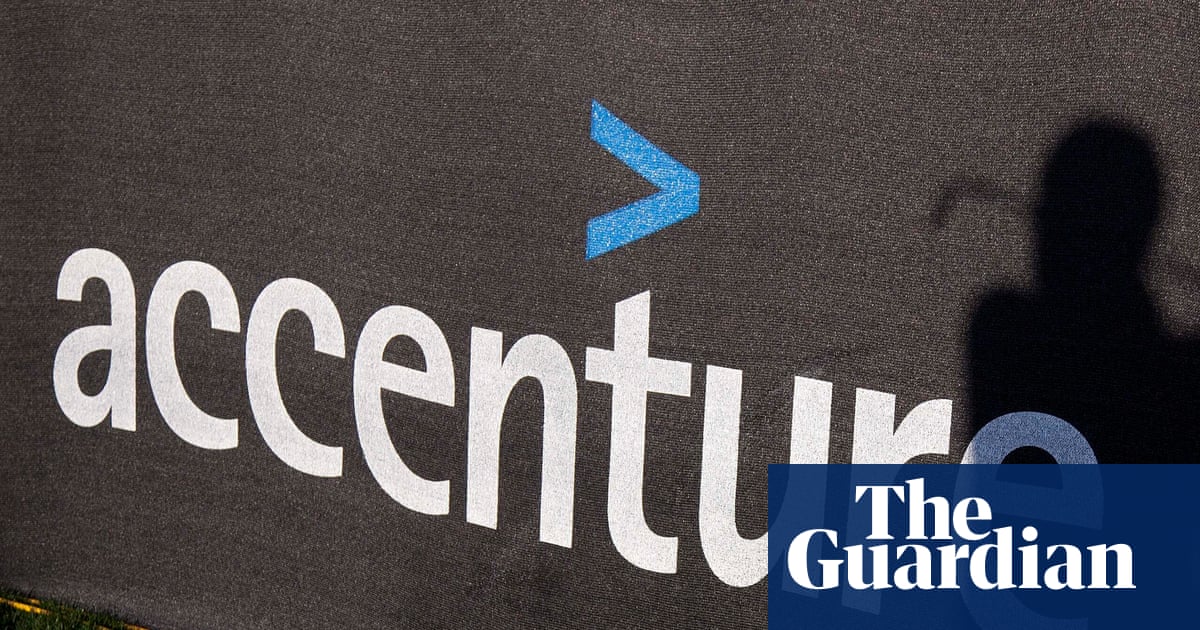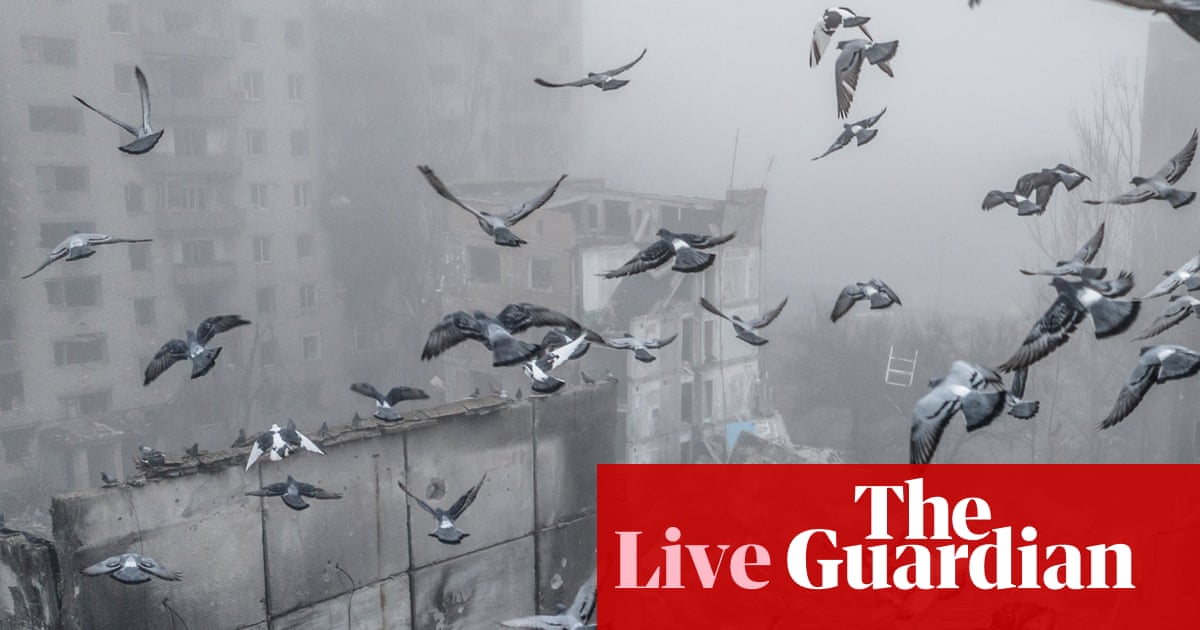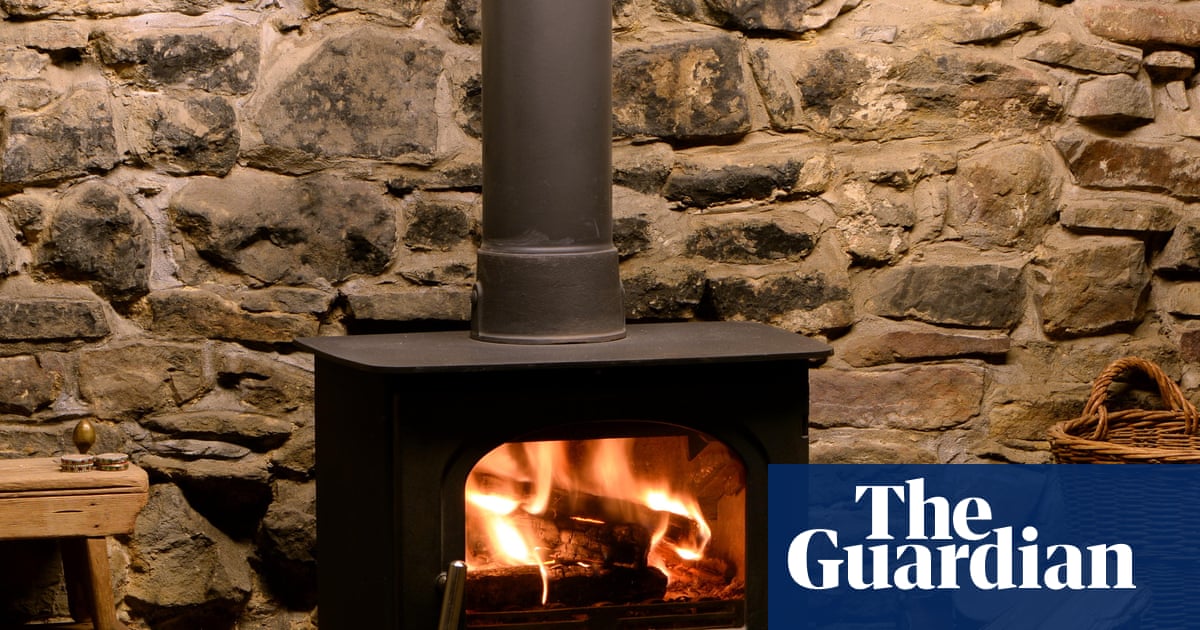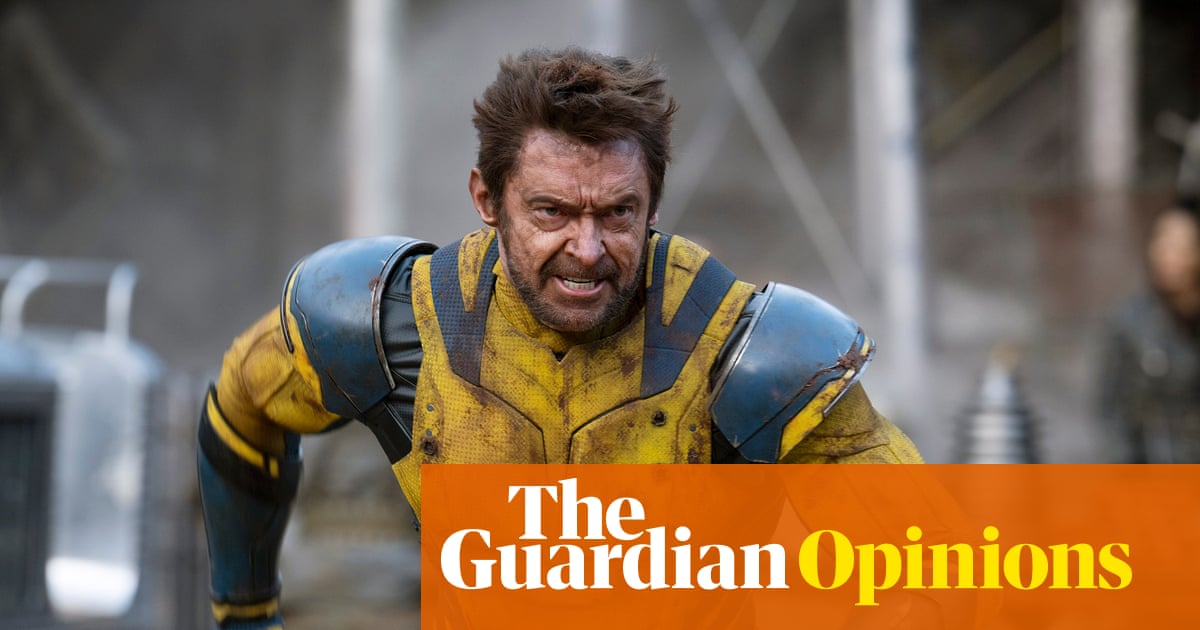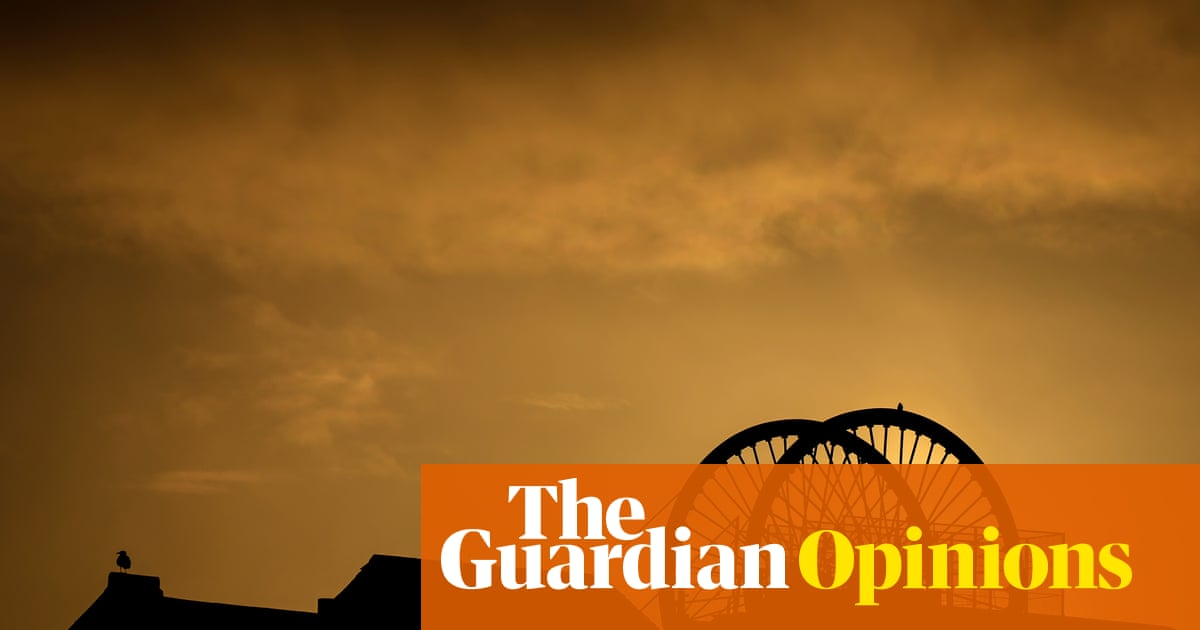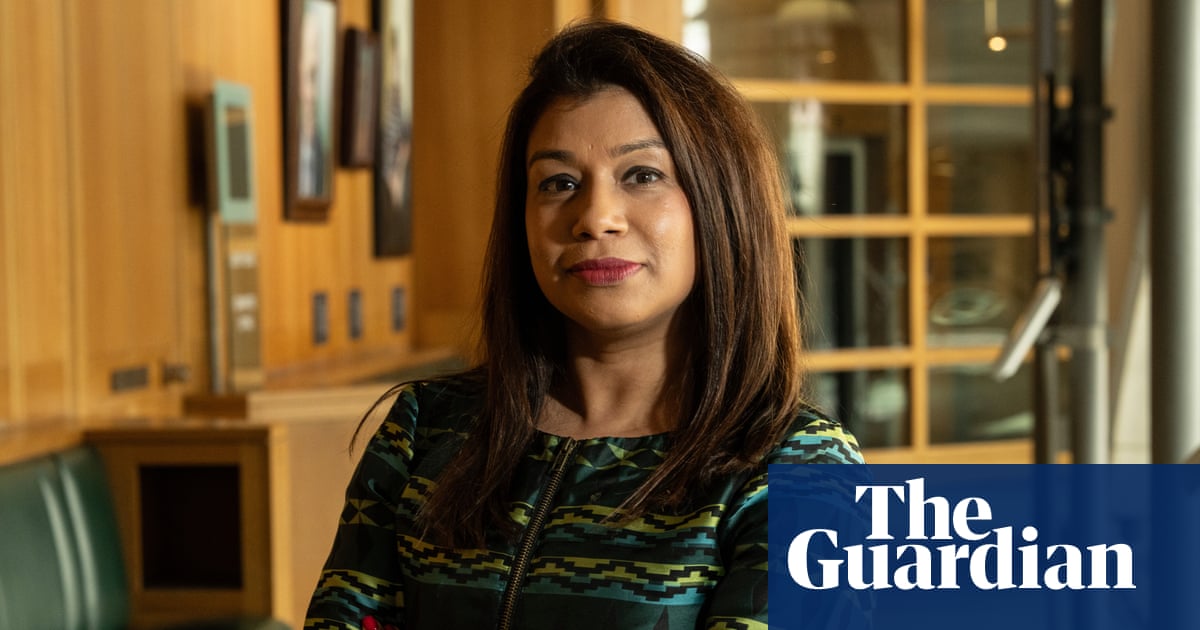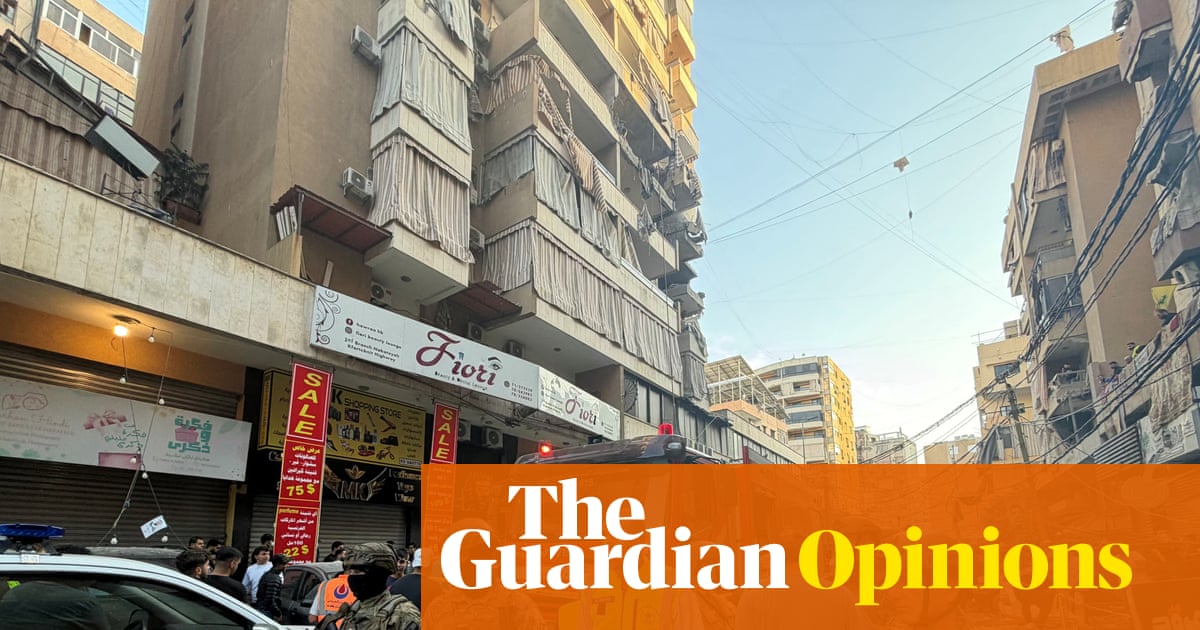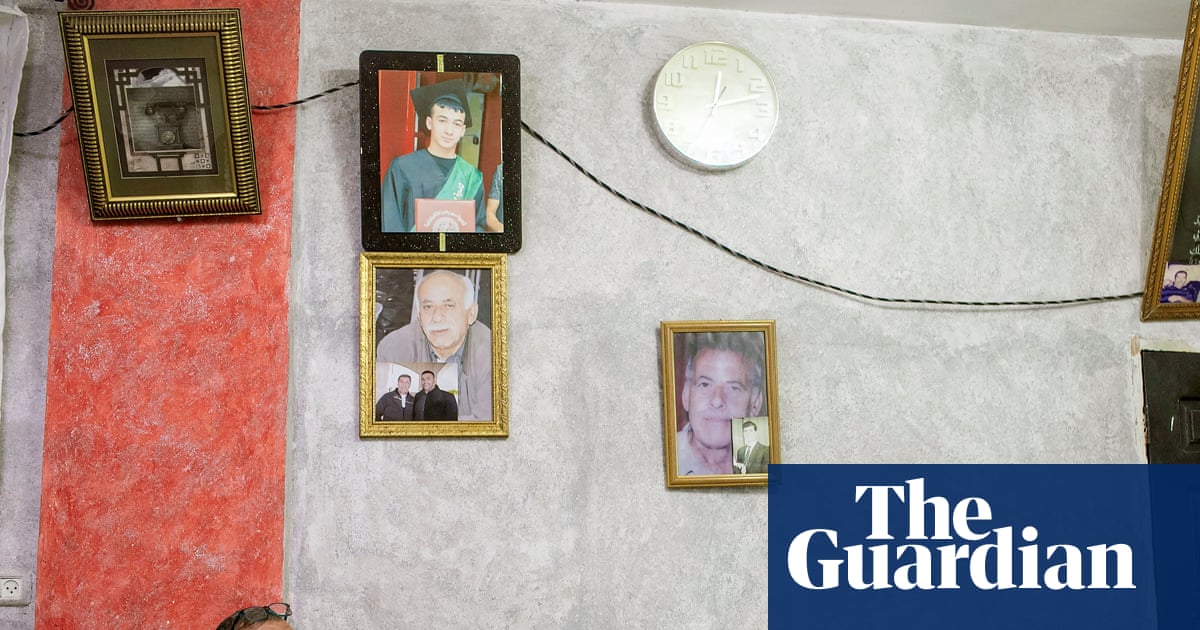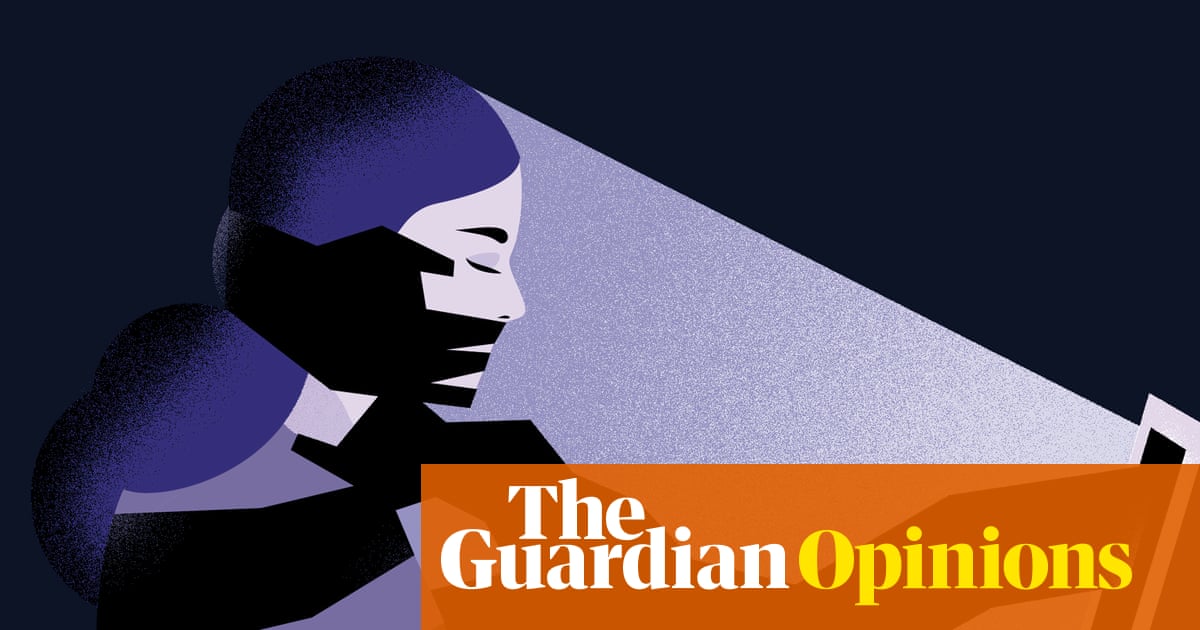If the voting age drops to 16, how will you encourage young people to take part?
Danny Braverman, 63, Suffolk

Ellie Chowns and Adrian Ramsay: Young people face intergenerational injustice in many areas, from housing to education, and need to see they can make a difference through politics. Not least to the climate and nature crises that threaten to destroy their future – which is one reason we need to keep this primary focus. Adrian joined the Green party at 16, co-founded the Young Greens and has consistently championed youth representation. Ellie – as councillor, MEP and MP – has encouraged young people’s involvement, pushing for youth inclusion on local boards, taking groups to the EU and Westminster parliaments, and setting up the West Midlands Youth Climate Assembly.
Zack Polanski: Inspire them. Listen to them. Involve them.
Young people face stagnant wages, high costs and the climate crisis. Why would they engage unless they can feel it makes a real difference? We need every young person to experience their power early on – through local campaigns, climate action or activism. As deputy leader, I’ve consistently amplified youth voices. As leader, I’ll turn the volume up.
Danny Braverman: I’m disappointed with both responses. Representative democracy will not motivate the very many disengaged young people. Radicalism lies in participatory democracy, such as regional youth citizens assemblies. I’d like to see Zach as the new leader. He’s the nearest to my own politics. I’d describe myself as a watermelon: green on the outside, red on the inside, with some black anarchist pips for good measure.
What role does class have in your understanding of the world?
Simon Legg, 71, Felixstowe

EC & AR: The widening inequality and deepening poverty that blight so many lives are so clearly linked to the concentration of more and more wealth into fewer and fewer hands. Those with the least are the first to be hit hard by climate breakdown, and a just transition to a zero-carbon world can’t happen without much greater redistribution of wealth. At the heart of Green politics – and our personal values – is a commitment to the fundamental equality of all people, to breaking down barriers and sharing resources fairly. Politics is how we can reverse the market’s tendency to concentrate wealth and power.
ZP: Class is central. Without fair wages, resources and skills, other inequalities persist. We must be rooted in working-class communities. People know that the super rich and corporations are destroying our environment, communities and democracies. This isn’t “us v them” – it’s all of us, building change from the grassroots up.
Simon Legg: These are decent answers to a question that could legitimately be answered in innumerable ways.
If the Greens were in a position to join a coalition government, what policies would you insist were adopted?
Hana Prosser, 56, Oxford

EC & AR: With the political landscape shifting at incredible speed, we see this as an entirely possible scenario. We’d focus on three things: electoral reform, fair taxation of extreme wealth to invest in public services, and strong climate and nature action. The introduction of a proportional voting system would be a complete game changer, and we’d want this to be a red line in negotiations. First past the post leaves millions of people feeling unrepresented, driving cynicism and disillusionment with politics – which are deeply corrosive to democracy. It also raises the risk of an extremist government elected on a minority of votes.
ZP: A wealth tax to tackle inequality.
Proportional representation (PR) so every vote counts.
Serious climate action, starting with a nationwide home-insulation rollout.
These are red lines about fairness, democracy and a liveable planet.
Hana Prosser: 10/10 for ambition! I appreciate Zack identifying specific policy actions. But are three red lines realistic? I fear the Greens either presenting an indigestible package deal to coalition partners or, once in government, becoming Lib Dem-style hostages to fortune. Ellie and Adrian’s single red line – PR – seems more credible.
Polls suggest the new party being formed by Jeremy Corbyn and Zara Sultana could secure 10% of the vote. Should the Greens explore a pact with it?
David Lowry, 68, Ewell

EC & AR: We’re always ready to work constructively with other parties where we agree, and often do so in parliament – including with Jeremy and Zarah. We’re open in principle to electoral alliances to stop Reform UK, but this would need to be a wider collaboration to be effective. And unless there are clear commitments to a fair voting system, and to tackling the climate and nature crises, there will be major differences between us. It’s crucial for the Green party to keep its distinctive identity, offering a genuinely fresh vision of a fairer, greener country with much broader appeal than an old left party.
ZP: I have huge respect for both Zarah and Jeremy and have shared many platforms with them for a whole variety of campaigns – most recently against the genocide in Gaza. But the party doesn’t exist yet, so it’s far too soon for electoral pacts. Right now we need coalitions of ideas, working with anyone who shares our values of environmental, social, racial and economic justice. I do already consider them allies – the actual fight must be against Reform UK and this failing Labour government.
David Lowry: I think the concerns of Ellie and Adrian that the new progressive party might not support a fair voting system are misplaced. It is in their own electoral interest to do so.
Climate change and biodiversity loss are likely to result in medical crises against which the UK has little defence. How do you plan to mitigate them?
Rajarshi Raychaudhuri, 58, Dudley

EC & AR: We need to treat the climate and nature emergencies as the public health threats they are – and that means action across all areas of society and the economy. We’re already pressing hard for these: affordable, warm, net-zero housing for all, resilient to overheating and to flooding; good public transport, and safe walking and cycling; sustainable, healthy food systems. Tackling the climate crisis means fixing our food, housing and transport systems and more – doing this will hugely increase our resilience and health, as well as directly reducing emissions. Building resilience to climate impacts is vital to our national security.
ZP: I’ve chaired the environment committee in the London Assembly for the past few years and produced a report with University College London which includes recommendations for mitigation of emissions and climate adaptation.
We need to make sure active travel and public transport are properly resourced, the cheapest option and accessible to all.
We need to make sure that we’re also building the infrastructure we need to tackle climate disasters such as wildfires and floods, including nature-friendly solutions.
And we need to co-design (including using citizens assemblies) so people are involved with the decision-making process rather than have things done to them.
Rajarshi Raychaudhuri: My question dealt specifically with climate change, biodiversity loss and a medical catastrophe, like the Covid-19 pandemic, which was more likely a result of biodiversity loss than US scaremongering. I note that the answer, while apparently audacious and impressive, does not deal with the question. However, having been an enthusiastic environmental activist in my youth, I continue to hope. I shall certainly follow the progress of the candidates with great interest.
If 50% of the electorate believes a vote for the Greens is a wasted vote, how would you convince people that a vote for Green wouldn’t be a vote for Reform UK?
Adam Butlin, 26, London

EC & AR: Such arguments have been used to prop up the failed two-party system for decades. Now it’s blown wide open, and there are huge opportunities for the Greens. Under Carla Denyer and Adrian’s leadership, we’ve shown we can win parliamentary seats everywhere, from big cities to rural constituencies. In local elections we’ve gained every year for the past eight years, and Green councillors have earned strong trust. Voters can now see clearly that if you vote Green, we can win Green. That appeals not just to those disillusioned with the old politics but to all those hopeful for a greener, fairer future.
ZP: We now have four MPs, three London Assembly members and more than 800 councillors. We got nearly 2 million votes and 39 second-place finishes – we’re planning to turn them into MPs at the next general election. My central mission is to make Keir Starmer more worried about losing votes and ultimately losing more seats to the Green party than to Reform UK. Until he feels that electoral pressure from his left, this country will continue to veer to the right. It seems that no marginalised group is off the table for cruelty. We stop that happening right now by growing the Green party.
Adam Butlin: I personally preferred Zack’s response, but all the candidates have clearly addressed the central point of my question, emphasising both recent electoral successes and the potential for political leverage over the mainstream parties. I can only hope that voters also see the strategic impact of voting Green.
Should the UK have a fairer immigration system? Under present rules I would not have been able to come with my husband because then he did not earn £38,000
Patricia Jephson, 41, Worcester

EC & AR: Generations of immigrants have made a huge contribution – culturally and economically – to our national life. We’re proud to celebrate this and condemn the demonisation of migrants by the media and politicians, which is driving racist hate. We want to see a humane system of managed immigration and are opposed to rules that discriminate on the grounds of income or impose unreasonable costs on people who move here. This is not only unfair but it also ignores the fact that many currently low-paid jobs – in social care, for instance – are actually far more socially valuable than many higher-paid jobs – say in banking.
ZP: We need to tell the truth. With an ageing population, we badly need migration. Of course we should also train up British workers, but it doesn’t have to be an either/or.
If you use the NHS, the person who cares for you is more likely to be a migrant than anyone in front of you in the queue.
And the unfair rules around visas just cause unnecessary stress on families kept apart for absolutely no reason but to appease the right. The real problem in our country is not migrants but years of austerity under both Conservative and Labour governments.
Patricia Jephson: I have heard no end of nonsense from the Conservative and now Labour representatives in my area regarding immigration, which is one of the reasons why I joined the Green party. I am glad that Ellie, Adrian and Zack all value immigrants and our contributions to our adopted home, the UK.
Should the UK rejoin the European single market and customs union?
Richard Norton, 55, Rochester

EC & AR: Rejoining the customs union is one of many win-win steps we should be taking immediately towards undoing the economic damage done by Brexit and rebuilding our relationship with our nearest neighbours. The single market is trickier – there would clearly be major economic benefits, but as non-EU members we wouldn’t have a say in making its rules. In the long term, we believe Britain’s best future is in the EU family of sovereign nations, and Brexit is now seen as a bad mistake by most people in the UK. It’s not a mistake that’s irreversible when political conditions are right.
ZP: There’s no area of our life that Brexit has improved – it’s been an absolute disaster. We also know that, in poll after poll, even people who voted for Brexit now regret it. I don’t think Europe is perfect, and there are huge changes I want to see, but ultimately I think we’d be a lot better in rather than out. And a natural first step to that is to rejoin the customs union. The single market would only make sense if we were re-entering anyway.
Richard Norton: I’d like the candidates’ positions to feel more proactive – to shape politics, not wait for “conditions”. Our economy, society, young people and environment deserve a future without the contamination of Brexit.

 3 months ago
40
3 months ago
40
